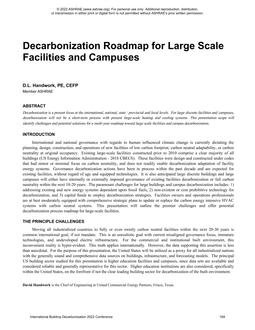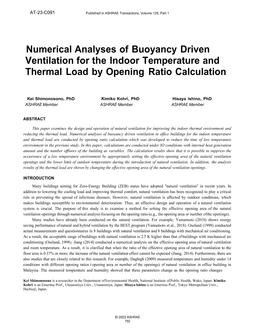
TO-22-C044 – Effect of the Changes in Boundary Conditions on the Reversibility of Crystallization Fouling in a Liquid-to-Air Membrane Energy Exchanger
Liquid-to-air membrane energy exchangers (LAMEEs) can be incorporated into HVAC systems to condition the temperature and humidity of air streams using aqueous desiccant solutions. However, previous experimental studies have confirmed that crystallization fouling in membranes can have substantial negative impact on the performance of LAMEEs.
To improve the robustness of LAMEEs for deployment in operating HVAC systems, the primary purpose of this study is to determine whether membrane fouling can be reversed or mitigated by changing the boundary conditions of the LAMEE after fouling has already occurred. Experimental tests are conducted to create crystallization fouling in LAMEEs by using dry air to dehydrate slightly supersaturated MgCl2(aq) at room temperature. The boundary conditions are changed in independent tests by either replacing MgCl2(aq) with distilled H2O(aq) or increasing the relative humidity of the air stream during testing. The reversibility of fouling in a test is quantified by evaluating the changes in the moisture transfer resistance of the LAMEE and confirming the results using scanning electron microscopy.
Product Details
- Published:
- 2022
- Number of Pages:
- 10
- Units of Measure:
- Dual
- File Size:
- 1 file , 4.5 MB
- Product Code(s):
- D-TO-22-C044
- Note:
- This product is unavailable in Russia, Belarus

